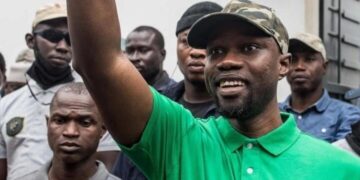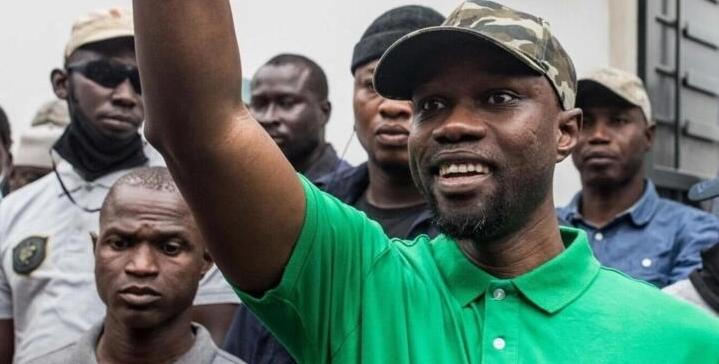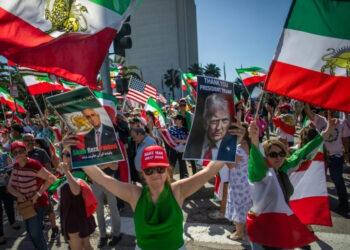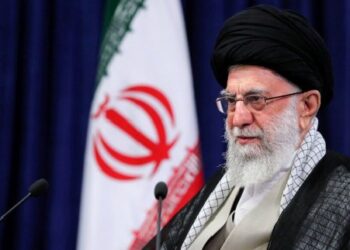By Enyichukwu Enemanna
Authorities in Senegal have said the conviction of political opponent Ousmane Sonko in what was tagged moral corruption scandal is “final”, making him ineligible to contest for presidential election in the country in 2024.
Sonko, the presidential candidate of the now dissolved PASTEF party has faced series of legal battles since 2021, which he said were being orchestrated by the President Macky Sall-led government to keep him out of politics.
He was found guilty on June 1 of “morally corrupting” a young woman and sentenced in absentia to two years in prison.
This sparked clashes between Sonko’s supporters and security forces, leaving at least 16 dead.
He was also arrested in July for allegedly fomenting insurrection, criminal association in connection with a terrorist enterprise and undermining state security over incidents dating back to 2021.
Sonko’s lawyers argue that his arrest on the new allegations cancelled out his conviction in the case where he was said to have morally corrupt a lady at a beauty shop, because the trial was in absentia.
According to Senegal’s penal code, if defendants who are tried in absentia are arrested within a certain limitation period, any conviction is automatically annulled unless they expressly agree to the sentence within 10 days.
In an interview published online on Wednesday by the magazine Jeune Afrique, Justice Minister Ismaila Madior Fall said Sonko was arrested last month “in the context of another case” and that the rule did not apply.
“Why didn’t he turn himself in if he wanted his conviction in absentia to be quashed?” he said.
“Meanwhile, this has become final.”
Sonko was blocked in his home by security forces at the time of the sentencing but was not jailed following the handing down of the prison term.
“There is no cabal intended to oust a presidential candidate”, Fall added in the interview.
Sonko went on hunger strike on July 30 and was hospitalised on August 6.
Authorities have dissolved his political party and arrested hundreds of his supporters and party members, attracting criticism from human rights defenders.
The minister said that about 500 supporters of Sonko had been detained in connection with this year’s unrest.
“Those who are behind bars have damaged shops or banks, attacked gendarmerie brigades or even set fire to town halls,” he said.
“There are no political prisoners in Senegal.”




































